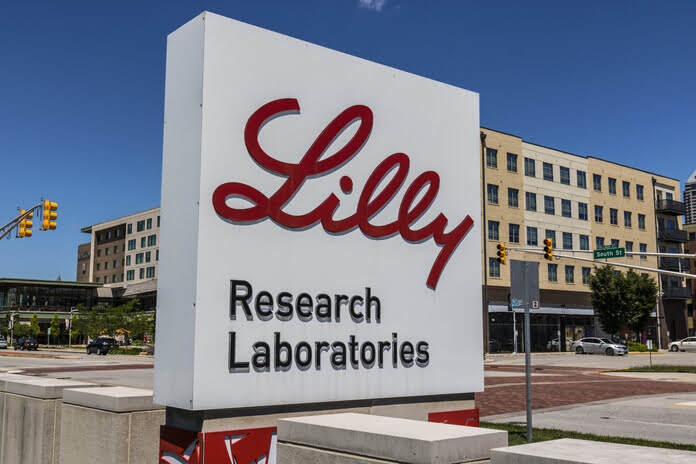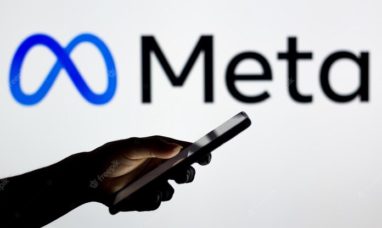Eli Lilly & Co. (NYSE:LLY) has achieved FDA approval for its diabetes drug, now repurposed for treating obesity, opening the door to potential blockbuster sales and igniting fierce competition in a market projected to reach $100 billion by 2030.
The newly branded weight-loss drug, Zepbound, contains the identical active ingredient as Eli Lilly’s diabetes drug, Mounjaro, and will be priced at $1,059.87 for a month’s supply. This cost is notably lower than that of Wegovy, a similar weight-loss drug from Novo Nordisk A/S, which sells for $1,349 per month.
Clinical trials revealed that patients administered the highest dose of Lilly’s Zepbound lost an average of 18% of their body weight, as reported by the US Food and Drug Administration.
Following this announcement, Eli Lilly’s shares experienced a 2.5% surge as of 2:52 p.m. in New York, contributing to a 64% gain in the stock’s value so far this year.
The hype surrounding weight-loss drugs has attracted attention from various industries, including airlines, dialysis centers, and major retailers like Walmart, causing stock markets to react with enthusiasm. Mounjaro, previously not marketed for obesity, gained notoriety in Hollywood, becoming a subject of jokes. The last time a new drug generated such fervor was Viagra, which received approval in 1998.
The potential of these drugs has propelled Lilly and Novo to unprecedented heights, with Lilly currently being the world’s most valuable healthcare company, while Novo, the manufacturer of Ozempic and Wegovy, secured its position as Europe’s most valuable company in September. However, the immense popularity of these drugs has also resulted in ongoing supply shortages. Both companies have made substantial investments to increase production, and Novo is restricting the sale of Wegovy to new patients to ensure that those already on the drug can continue their treatment.
Notably, insurance companies have been hesitant to cover Wegovy for obesity due to its high cost, and Medicare, the government health program for seniors, currently does not cover weight-loss drugs.
These drugs, known as GLP-1 receptor agonists, come with side effects, including nausea, diarrhea, vomiting, constipation, and abdominal pain, as highlighted by the FDA. A new warning for suicidal behavior and thoughts has also been included on the Zepbound label, which was not present on the Mounjaro label. US regulators are monitoring international investigations into reports of patient-reported suicidal thoughts potentially associated with weight-loss drugs.
Labels for Novo’s Wegovy and Saxenda in the US already include warnings regarding suicidal behavior and thoughts, recommending close monitoring of patients for any worsening symptoms.
Originally approved as a treatment for adults with type 2 diabetes, Mounjaro has seen off-label use for its dramatic weight-loss effects, with sales in the third quarter reaching $1.41 billion, a 44% increase from the preceding three months, surpassing analysts’ average estimate of $1.26 billion.
Eli Lilly is expanding its research of the drug to younger patients, which could further drive sales. The company recently initiated a clinical trial for children aged 12 and up with obesity and plans to conduct a similar study for patients as young as six years old.
Eli Lilly’s obesity drug pipeline doesn’t end there. Late-stage studies are underway for a pill version of the obesity drug, and the company has also acquired an experimental obesity treatment from startup Versanis Bio for up to $2 billion. Analysts at Goldman Sachs estimate that US sales from Lilly’s late-stage obesity portfolio could reach $52 billion by 2030.
Featured Image: Megapixl









